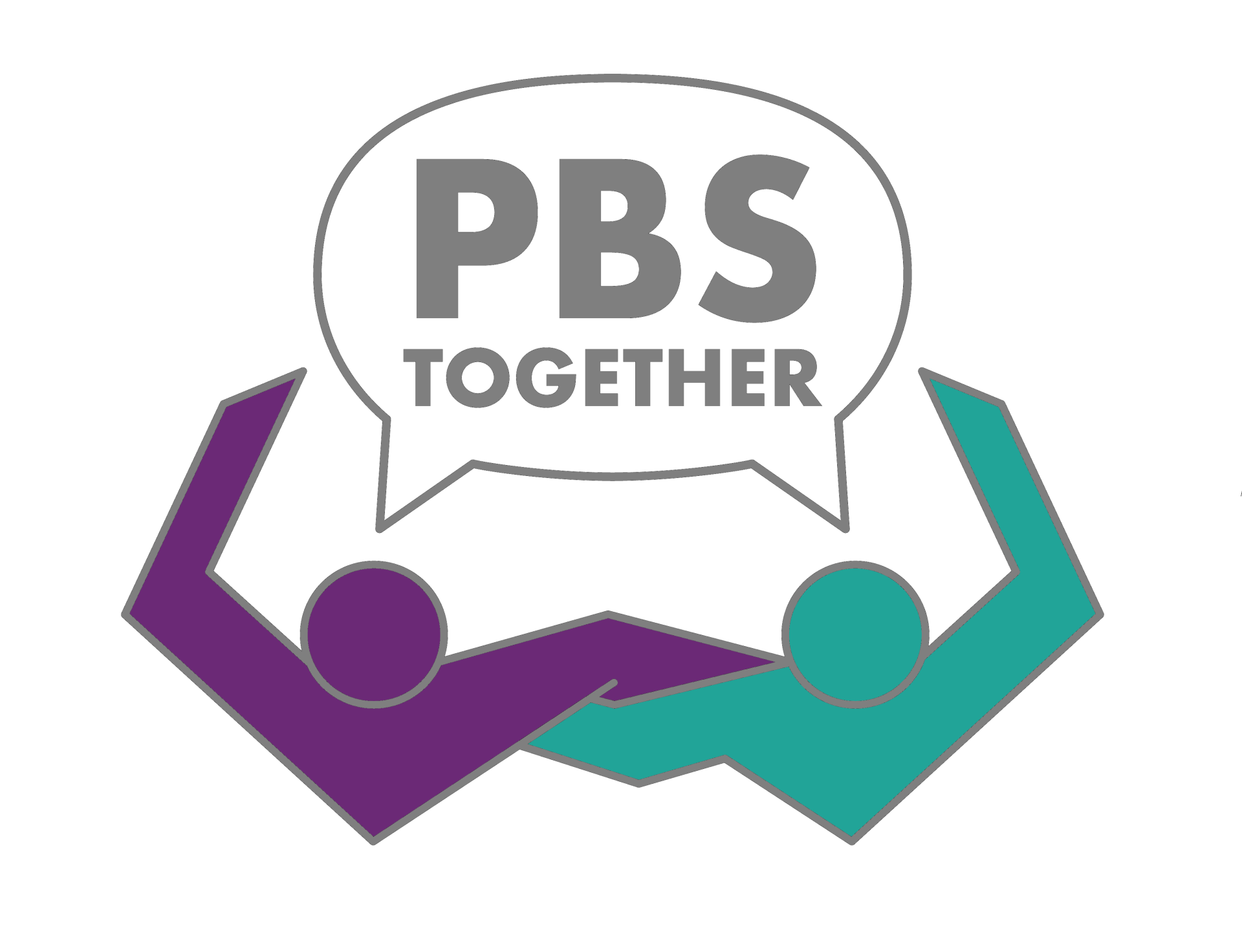There are moments in life that leave an indelible mark on us. I vividly recall a particular lesson from 2006 during a course on behavioural interventions as part of my master’s degree. In that session, our instructor was explaining how to break down a complex behaviour into its simpler constituent parts to facilitate learning, taking into account the individual's abilities and learning pace.
It wasn’t an easy process. I was struggling to grasp the concept. At one point, I remarked, “This is really hard to do!” My professor, with a calm smile, responded, “Is it difficult, or have you just not yet honed the skills to execute it with ease?”
That response left a profound impact on me. It clarified that the perceived ease or difficulty of a task isn’t intrinsic to the task itself, but rather is related to the gap between what we aspire to do and our current skills and conditions to do it. It was a life lesson.
Whether it’s brushing teeth, crossing the street, or piloting a spacecraft, if learning a behaviour is important for someone’s autonomy, dignity, and freedom, but seems too difficult, the task is to break this complexity down to our current level of ability. From there, we can progressively move, step by step, towards what once seemed impossible.
This doesn’t mean that learning new behaviours is easy. Behavioural change invariably requires effort, dedication, and consistency. It also hinges on the support of those around us and their ability to acknowledge and appreciate our daily incremental progress, keeping us motivated to continue learning.
It wasn’t an easy process. I was struggling to grasp the concept. At one point, I remarked, “This is really hard to do!” My professor, with a calm smile, responded, “Is it difficult, or have you just not yet honed the skills to execute it with ease?”
That response left a profound impact on me. It clarified that the perceived ease or difficulty of a task isn’t intrinsic to the task itself, but rather is related to the gap between what we aspire to do and our current skills and conditions to do it. It was a life lesson.
Whether it’s brushing teeth, crossing the street, or piloting a spacecraft, if learning a behaviour is important for someone’s autonomy, dignity, and freedom, but seems too difficult, the task is to break this complexity down to our current level of ability. From there, we can progressively move, step by step, towards what once seemed impossible.
This doesn’t mean that learning new behaviours is easy. Behavioural change invariably requires effort, dedication, and consistency. It also hinges on the support of those around us and their ability to acknowledge and appreciate our daily incremental progress, keeping us motivated to continue learning.
